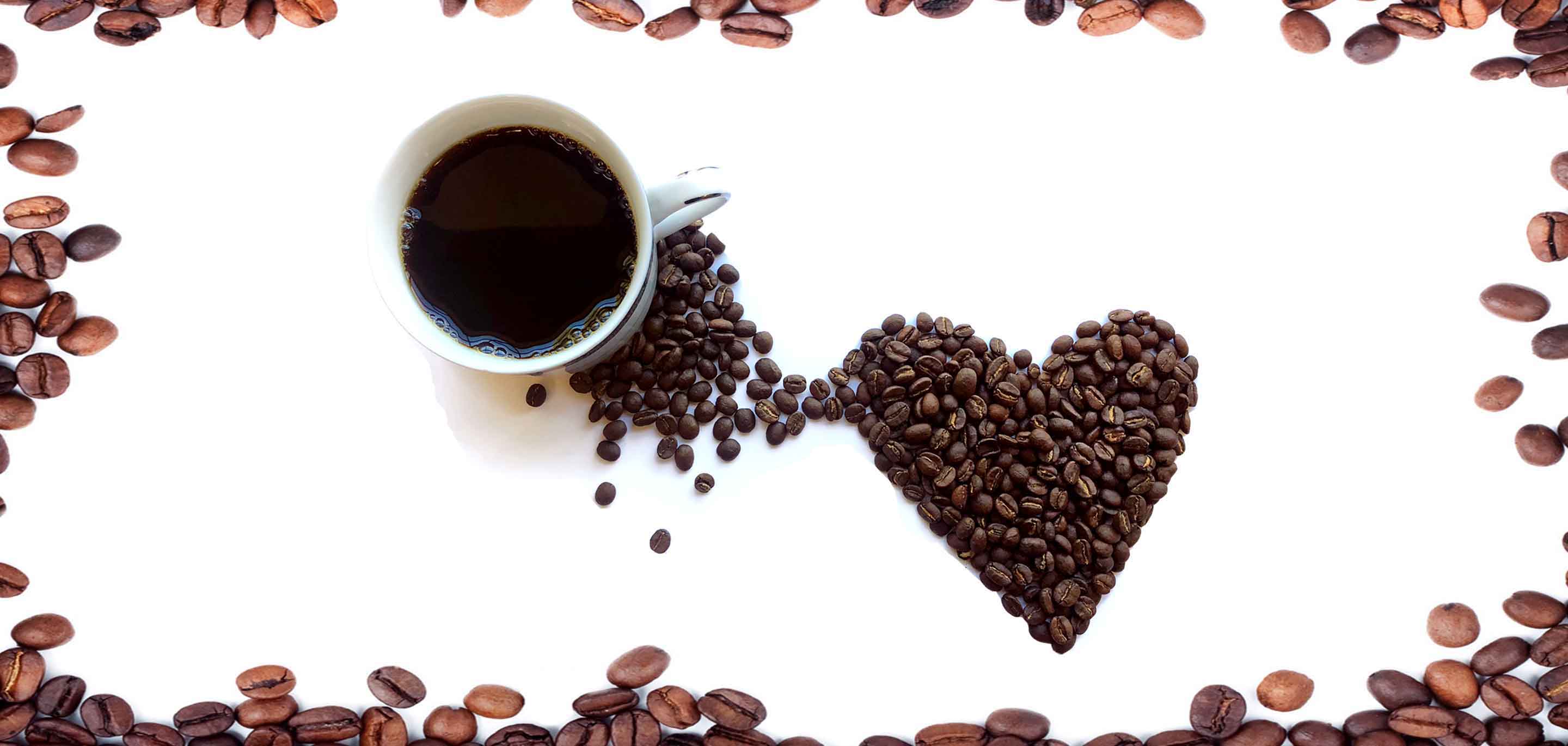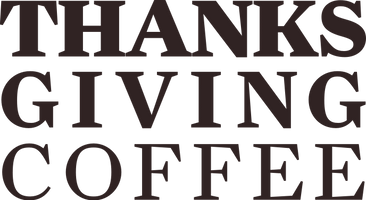From the Roastery
View BY :

Earning Beans For Coffee Rewards
Thanksgiving Coffee Company Appreciates You We have made it simple and effective for you to get the appreciation we think you deserve. It is the “Earn Beans” reward system. Yay! These rewards will be counted as “beans” which you can redeem as discounts. The more beans you earn the greater the discount, all the way up to free products!
read more-
![Roastmaster's Select Club: Finca Agroberlin]()
Roastmaster's Select Club: Colombian Coffee
Once a month, members of the Roastmaster’s Select Coffee Club have the opportunity to sample unique micro-lot coffees from around the world. “What is a micro lot,” you ask? Read up on how we source the beans and what happens when they reach our roastery.
Following the harvest cycle, Roastmaster’s Club Members have exclusive access to these one-of-a-kind coffees at their peak freshness, and now it’s your turn!
Colombian Coffee From Finca Agroberlin
Have you ever heard of La Cabaña estate in Colombia? Let me tell you, the coffee grown here is pure magic in a cup.Nestled high in the lush green Santa Marta mountains, just a short drive from the sunny beach town of Santa Marta, you'll find La Cabaña. It's a beautiful family-run farm that's been lovingly tended for over 20 years by the Delgado family. In person, you'd be amazed by the snow-capped Andes towering over the valley below.What makes this coffee so special though is how it's grown. Under a leafy canopy of native trees, the coffee cherries are nurtured by the birds and butterflies that call this place home. It's no wonder the coffee has certifications for being both Rainforest Alliance approved and bird-friendly!The Delgados use only the highest quality, sustainably-grown beans from their 136 acres of land. Then they use natural, organic methods to slowly sun-dry the beans to perfection. The result is a cup of coffee with bright, complex flavors and a silky smooth finish that'll have you coming back for more.I know if you try La Cabaña, you'll be hooked just like me. One sip of this magical Colombian coffee, and I guarantee your morning will be off to a fantastic start. What do you say - want to give it a try?Altitude: 1100 - 1300 masl
Processing: Fully washed and dried inside solar dryers that provide protection from the rain
Farmer: Agroberlin Farm
Varietal: Typica, Caturra, and Castillo
Roastmaster's Select Club: Finca Agroberlin
read more -
![July Roastmaster's Select Club: Papua New Guinea]()
Roastmaster's Select Club: Papua New Guinea
Each month, our Roastmaster, Jacob Long, hand-picks fresh and unique micro lot coffees that we deliver straight to your doorstep. “What is a micro lot,” you ask? Read up on how we source the beans and what happens when they reach our roastery.
Jacob’s selection this month is a special coffee grown in Papua New Guinea
Join the Roastmaster’s Select Club to begin your coffee journey around the world.
Coffee from Papua New Guinea
From Royal Coffee: "This coffee is sourced from family owned farms located in the Nebilyer Valley within Tambul-Nebilyer District, Papua New Guinea. Each producer cultivates coffee on 1 to 2 hectares of land. The coffee is fully washed and sun dried at the Kuta mill, which has been in operation for over 40 years. The Kuta mill operates between the Ulga and Kolga tribes and has become a place of common ground for producers who have traditionally been in conflict because of tribal differences. The mill owner, Brian Leahy, makes a bonus payment after the harvest to farmers who consistently deliver quality cherries."
We're proud to share this exceptional coffee with you. Sign up for our Roastmaster's Select Club and receive it this month in your shipment!
Altitude: 1,350 meters
Processing: Fully washed and dried in the sun
Region: Tambul-Nebilyer District
Varietal: Bourbon, Typica
July Roastmaster's Select Club: Papua New Guinea
read more -
![Roastmaster's Quarterly Coffee: Timor-Leste]()
Our Quarterly Coffee Feature
from Southeast AsiaTimor-Leste from Southeast Asia
Our Quarterly Roastmaster's Select coffee is wet-hulled, and we've talked about this a few times but just in case, here's what that means:
"Wet hulling’s popularity can be attributed to producers’ need for prompt payments. It was also adopted specifically by many producers who lacked the drying infrastructure that was needed to shelter drying parchment from the high humidity and inconsistent rainfall typical in Sumatra. At higher elevations with constant humidity and unpredictable rainfall, drying can prove to be slow, risky and difficult." -Sucafina
‘Wet Hulling’ or ‘giling basah’ in Indonesian is not to be confused with wet processing. Wet hulling is similar to wet processing initially – with the first steps of picking and pulping the coffee beans, then fermenting in order to break down the fruity layer of the coffee cherry called the mucilage, which is washed off the next day. The difference is, the drying process is much shorter in wet-hulling and it’s only dried until 50% of the moisture remains, resulting in lower acidity levels and more flavor and aroma.
Altitude: 1,000 to 1,900 meters
Processing: Wet Hulled "giling basah"
Farmer: A variety of small farms in Timor Leste
Varietal: Catimor, Timor, Typica
Roastmaster's Quarterly Coffee: Timor-Leste
read more




